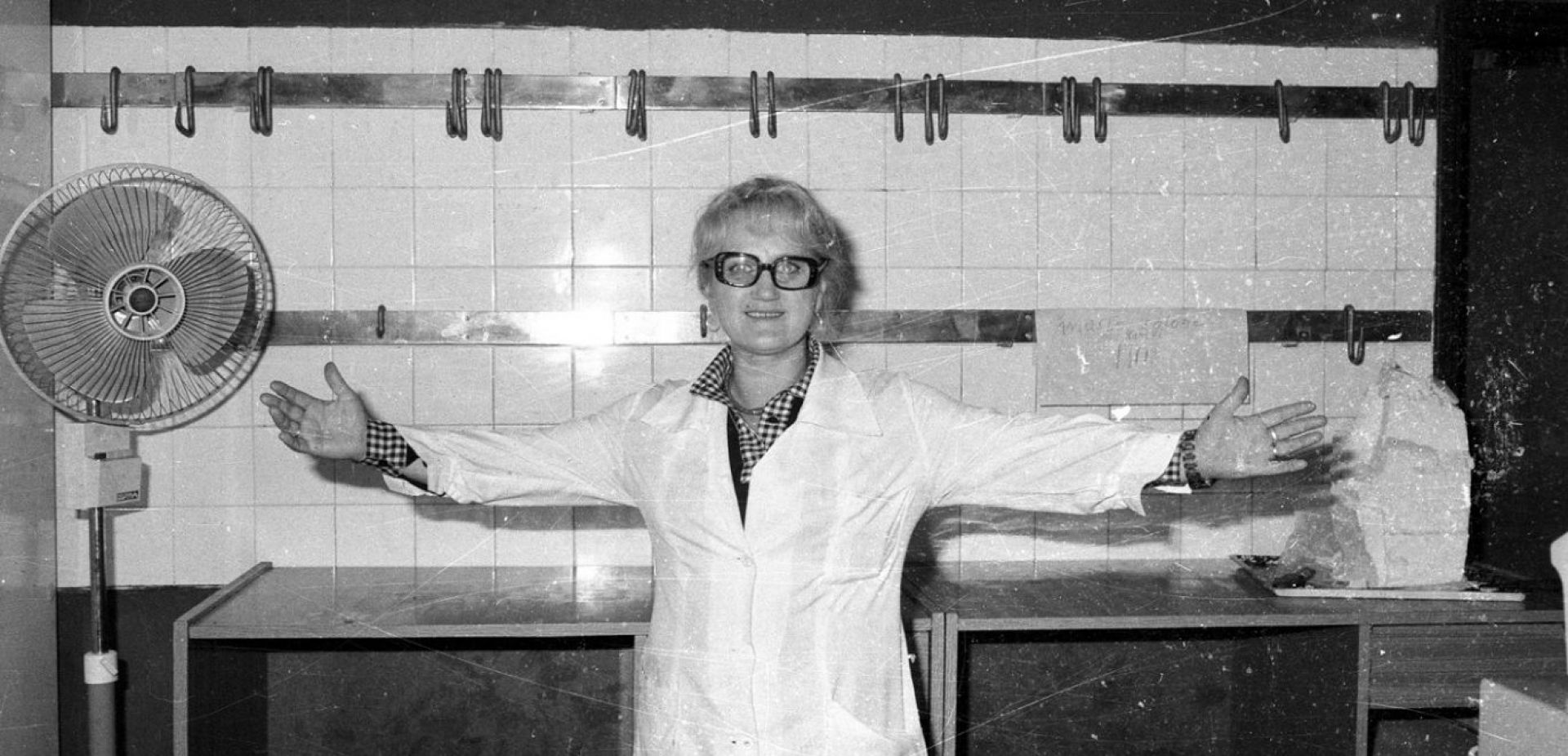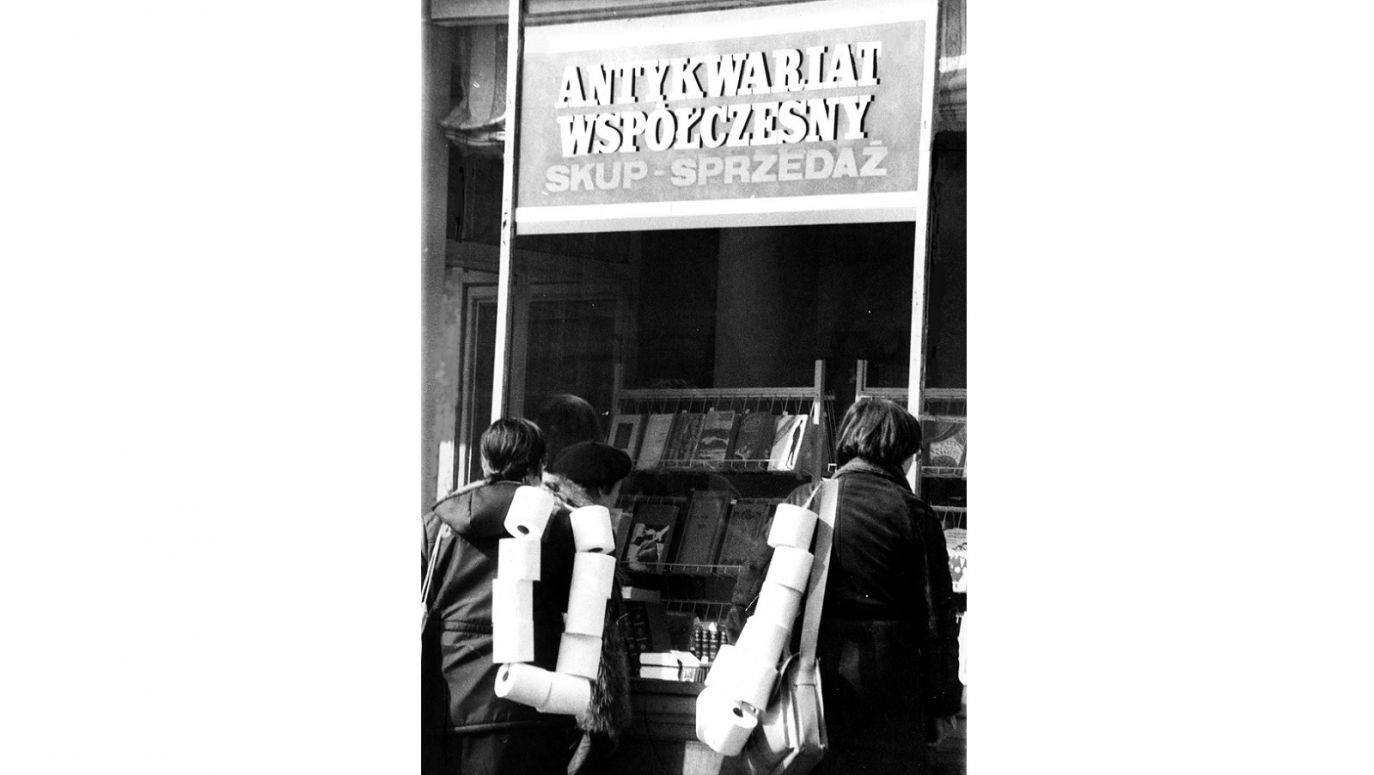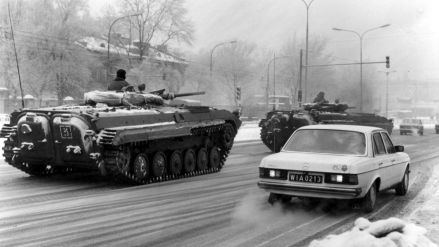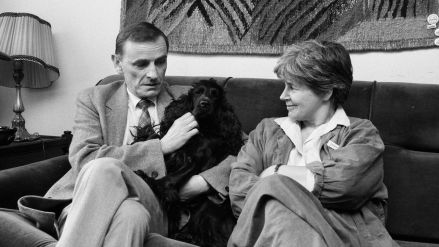Inflation of several per cent quickly faded from the headlines and gave way to other news. Such inflation, being long absent in our country, evokes associations. In the People's Republic of Poland there was officially no inflation, there was an "inflationary overhang", which was fought with cyclical price rises, officially "price-income operations". Inflation nowadays also means price rises, but we have different times, a different system, different causes and opportunities to get out of difficulties.
In the coca-cola-flowing days of Edward Gierek, many people were young, went on their first date and bought their first jeans, hence throughout the 1990s well over half of Polish citizens missed them, at least in the polls. So it did not help to remember that the system of that time had no way out of the economic difficulties inherent in it. Hence, that system collapsed under the inflationary overhang, although its downfall had to be allowed by the headquarters in Moscow through Gorbachev's perestroika.
Inflation at 1,000 per cent
The oldest communists no longer remember how it all began. In 1950 there was an exchange of money - bank savings at a ratio of 100:3, money held in wallets and at home at a ratio of 100:1. The times were pathetic and a poet named Jan Brzechwa celebrated the smash as follows:
Workers will not lose money on the change
Because by enriching the state, they are enriching themselves,
Because they are the homesteaders of this native land,
Where you can hear the rumble of machinery and the singing of tractor drivers.
Where new houses are standing, New Huta is growing,
And the hands are as strong as the new currency!
 SIGN UP TO OUR PAGE
SIGN UP TO OUR PAGE

The currency was strong, as 1 zloty was to be equivalent to one rouble, "the strongest currency in the world" and worth 0.22 grams of pure gold. The currency's strength persevered until 1953, when prices were raised by 47%. There was no revolt - Stalin was still alive, and when he died shortly after the increase, Stalinism was still alive by 1956. In truly oppressive dictatorships, people do not revolt. They allow themselves to do so when the oppression has eased somewhat.
In 1956, on the wave of the coming thaw, Poznań revolted. There was no increase in prices, but there were increases in labour standards and unpaid overtime, meaning that impoverishment came not from prices but from wages, which is all the same. The rebels captured the prison and there arms, street fighting in the city claimed 56 lives and several hundred wounded.
In the times known as "a little stabilisation", Wladyslaw Gomulka did not raise prices until the end of his reign. It was the drastic increases in December 1970 that ended his rule. The street "incidents" on the Coast claimed 44 lives, with 1116 people injured by gunshots (official figures). The rises were reversed and the inflationary overhang, i.e. the lack of coverage of money in commodities, was still at its best.

 SIGN UP TO OUR PAGE
SIGN UP TO OUR PAGE
 The currency was strong, as 1 zloty was to be equivalent to one rouble, "the strongest currency in the world" and worth 0.22 grams of pure gold. The currency's strength persevered until 1953, when prices were raised by 47%. There was no revolt - Stalin was still alive, and when he died shortly after the increase, Stalinism was still alive by 1956. In truly oppressive dictatorships, people do not revolt. They allow themselves to do so when the oppression has eased somewhat.
The currency was strong, as 1 zloty was to be equivalent to one rouble, "the strongest currency in the world" and worth 0.22 grams of pure gold. The currency's strength persevered until 1953, when prices were raised by 47%. There was no revolt - Stalin was still alive, and when he died shortly after the increase, Stalinism was still alive by 1956. In truly oppressive dictatorships, people do not revolt. They allow themselves to do so when the oppression has eased somewhat.








